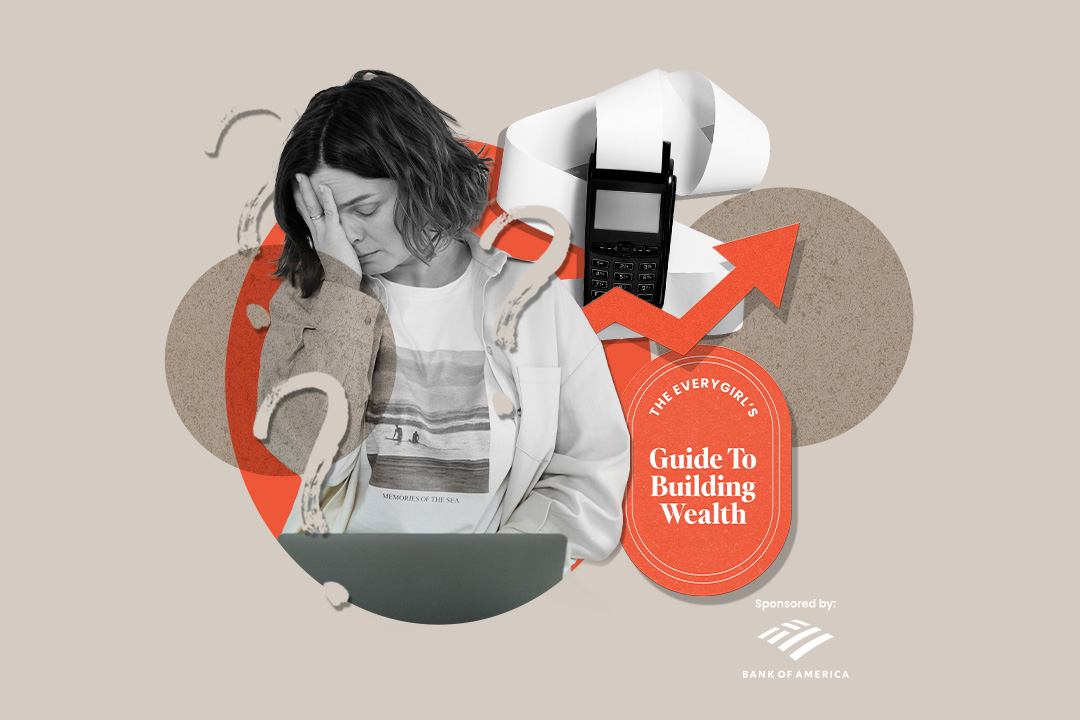Do you ever feel like your friends might secretly dislike you, even though there is no evidence to support that feeling? Or maybe you worry that a past action of yours made you the subject of ridicule among them? These thoughts can be burdensome, causing you to doubt and overanalyze your closest relationships. However, it’s crucial to recognize that these thoughts are simply manifestations of anxiety and are more common than you might think.

There have been numerous occasions in my life where I’ve feared that my closest friend harbored animosity towards me and that our friendship was not genuine. Spoiler alert: Despite my anxiety-driven thoughts, my best friend and I have remained inseparable for two decades, proving that friendship anxiety, as it’s termed, is often unfounded. In the sections below, we’ll delve into this vexing symptom of anxiety and explore effective strategies to manage these distressing thoughts.
What is friendship anxiety?
Friendship anxiety is a common experience that many people face at some point in their lives in the context of relationships and social interactions. While there are various triggers and symptoms associated with social anxiety, friendship anxiety specifically pertains to a particular aspect of social anxiety. Healthline describes a key symptom of social anxiety as “intense pre, during, and post-social situation worry.” Although friendship anxiety shares similarities with social anxiety, it is not officially recognized as a medical condition.
In a TikTok video, Haley, @YourAnxiousTherapist, illustrates examples of friendship anxiety, outlining the constant fear of being the disposable friend, worries about being seen as annoying or left out, and the dread of an inevitable end to a friendship. By sharing these relatable scenarios, Haley underscores the commonality of such emotions.
What causes friendship anxiety?
Anxiety can have various origins and triggers. While genetic predispositions may play a role for some individuals, others may find that their anxiety is triggered by social media exposure or past life experiences. The American Psychiatric Association suggests that anxiety disorders likely stem from a combination of genetic, environmental, psychological, and developmental factors. As a result, anxiety symptoms differ among individuals, with a range of contributing factors and coping mechanisms. Therefore, while some individuals may experience anxiety before social interactions (social anxiety), others may struggle with post-interaction overthinking, leading to what is commonly known as friendship anxiety.
How to deal with friendship anxiety
The positive news is that friendship anxiety can be effectively managed with the right strategies. By showing yourself compassion, focusing on self-care, and adopting effective coping strategies, you can navigate through these troubling thoughts. Here are some practical approaches:
Challenge your thoughts
A helpful technique from therapy involves challenging intrusive thoughts, especially regarding relationships. When overwhelmed by overthinking about the dynamics of your friendships or past interactions, take a moment to reflect. Evaluate the situation objectively, countering your anxious thoughts with logic.
For example, if you’re unsure whether your friend enjoyed your company or simply pretended to be interested, reassess the scenario. Did your friend show signs of discomfort or explicitly mention a lack of enjoyment? Or did their actions indicate enjoyment, such as expressing gratitude, making physical gestures, or staying in touch after the interaction? By addressing such instances, remind yourself that your friendships are genuine and based on mutual regard.
Remember, these thoughts are rooted in anxiety and not factual truths unless explicitly communicated by your friends.

Seek support from your network
Professional therapists are equipped to help individuals navigate anxious thoughts and provide effective coping strategies. Personal accounts attest to the advantages of seeking professional assistance.
Additionally, confiding in friends can offer reassurance and strengthen positive perceptions of your friendships. While their support differs from that of a professional, friends can provide solidarity in facing friendship anxiety. As recommended by Tannia Duenas, The Healing Therapist on Instagram, individuals should reach out to trusted confidants, family members, or professionals as needed, fostering open communication about their anxieties and experiences.
Practice mindfulness
Mindfulness practices are essential for overall well-being, helping anchor individuals during periods of friendship anxiety. Engage in regular meditation, journaling, or affirmations to establish mindfulness as a daily practice.
Incorporate mindfulness routines into your daily routine, particularly before or after social interactions. Whether through mirror affirmations, journaling, or short meditation sessions, these practices can significantly impact your mental state, boosting positivity and confidence before engaging with friends or alleviating post-interaction friendship anxieties.
Engage in value-based actions
Authenticity is crucial in nurturing genuine friendships by showcasing your unique qualities to others. According to Duenas, align your behaviors with your core values in friendships, emphasizing authentic connections over perceived judgments.
Identify your values within friendships and express them authentically, whether through acts of kindness, support, or loyalty. By staying true to yourself and embodying your values in friendships, you attract sincere relationships aligned with your true self, thereby reducing feelings of friendship anxiety.






